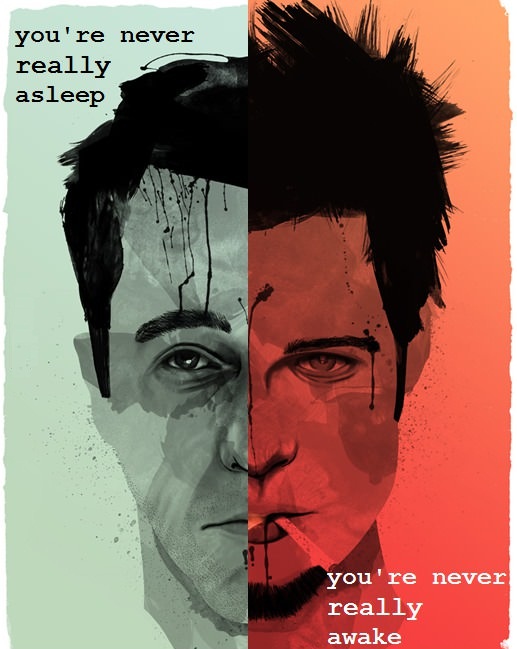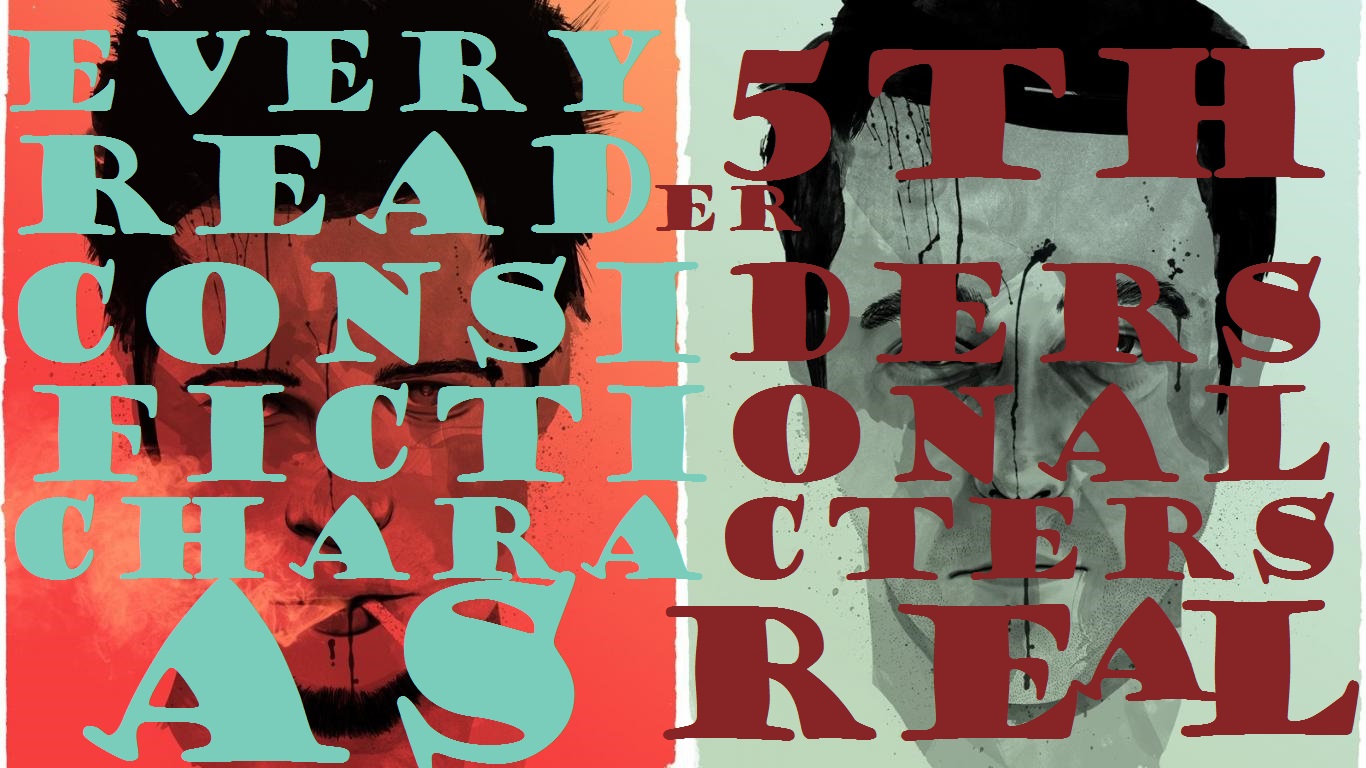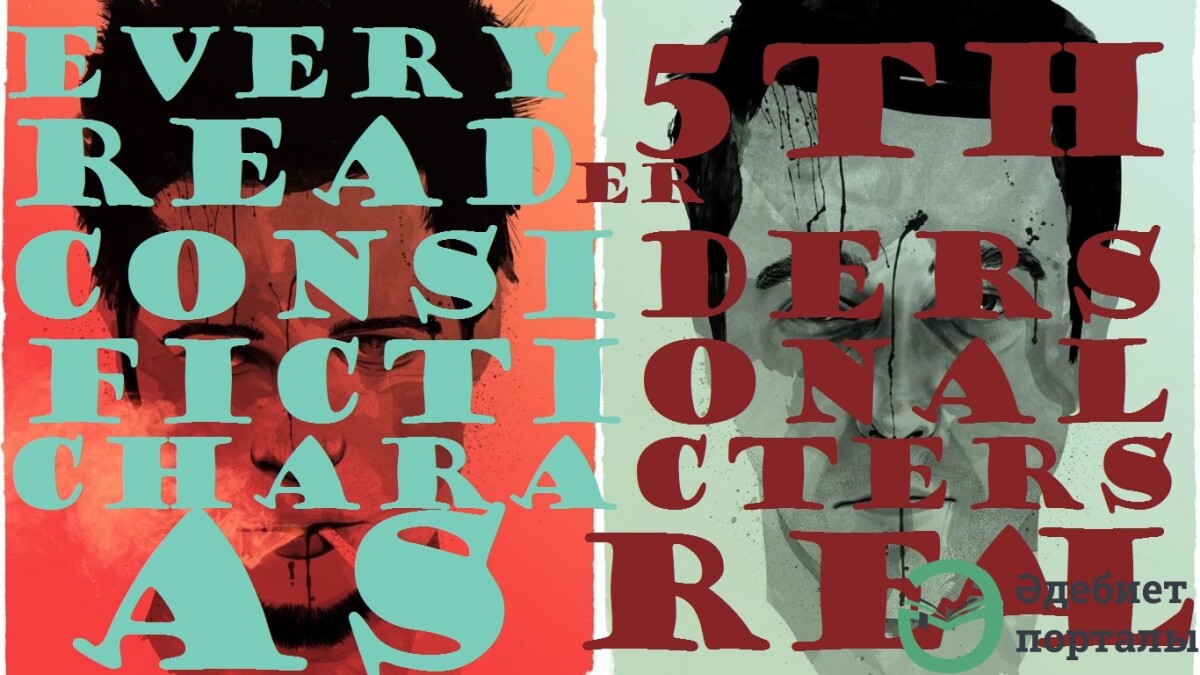
The omnipresent "British scientists" conducted a survey among one thousand five hundred reading respondents. Two hundred eighty five readers or nineteen percent of respondents have confirmed that the book fiction becomes reality.
Fictional characters living beyond books, affecting on our course of thinking and our tone of conversation of the reading respondents.
Reading the book, we clearly envision and imagine to ourselves the key characters - as if they were real people.
We are pleased, rejoice or glad when in the movie adaption, screening or screen version of our favorite book - the director gets or adjudged to our vision or view point of how book’s adaptation should be look like on the cinemas screen.
But we are disillusioned and disappointed when the director failed or does not get and misses something important from the book, as we think.
Us - people who think and imagine so much - this is confirmed by the results of research published in The Guardian.

Some participants of the Durham survey even told that they can hear that the characters were speaking and talking as if they were real and imagine to themselves everyday characters reactions to daily events.
Durham’s survey research – it’s not the only thing that confirms the idea of a "live reading".
In 2014, at the Edinburgh International Book Festival a similar survey was conducted.
That time, eighty four percent of respondents declared about sensory and visual sensations that occur them while reading a book.
People even could smell if they are described in detail in the text.

One of the initiators of the research in 2014 the writer and psychologist Charles Ferneyhough recalls that by asking readers to describe in detail their emotional experience, they heard a lot of interesting things.
For example, people often say that the fictional characters live with them even after the novel was read.
They are for some time keep on being with the person by affecting to his mind.

This phenomenon Ferneyhough has designated by the term "experiential crossing".
The term covers a wide range of "live readings" from sounding in his head the voice of the character to a full sense of presence.
One of the interviewees, who were reading at the time of the survey Virginia Woolf’s novel "Mrs. Dalloway," said that he heard the voice of the main character, and clearly imagined, how she walks in Starbucks and orders coffee.

The most common book experience intersects with the reader's own experience, and then the fictional characters resemble of someone from friends or people accidentally met.
And sometimes on the contrary: a fictional character appears more strongly, and then a person looks at the world through his eyes.
Heroes who make the jump from book pages into the real life are generally, powerful and bright.
For each reader they are different.
The most beautiful film cannot give you this, nor can also the computer game. Only novel is able to talk about the undercurrents of human psychology and reveal to you the essence of the other person. But this is - the most intimate thing in the world ", - said Charles Ferneyhough.













